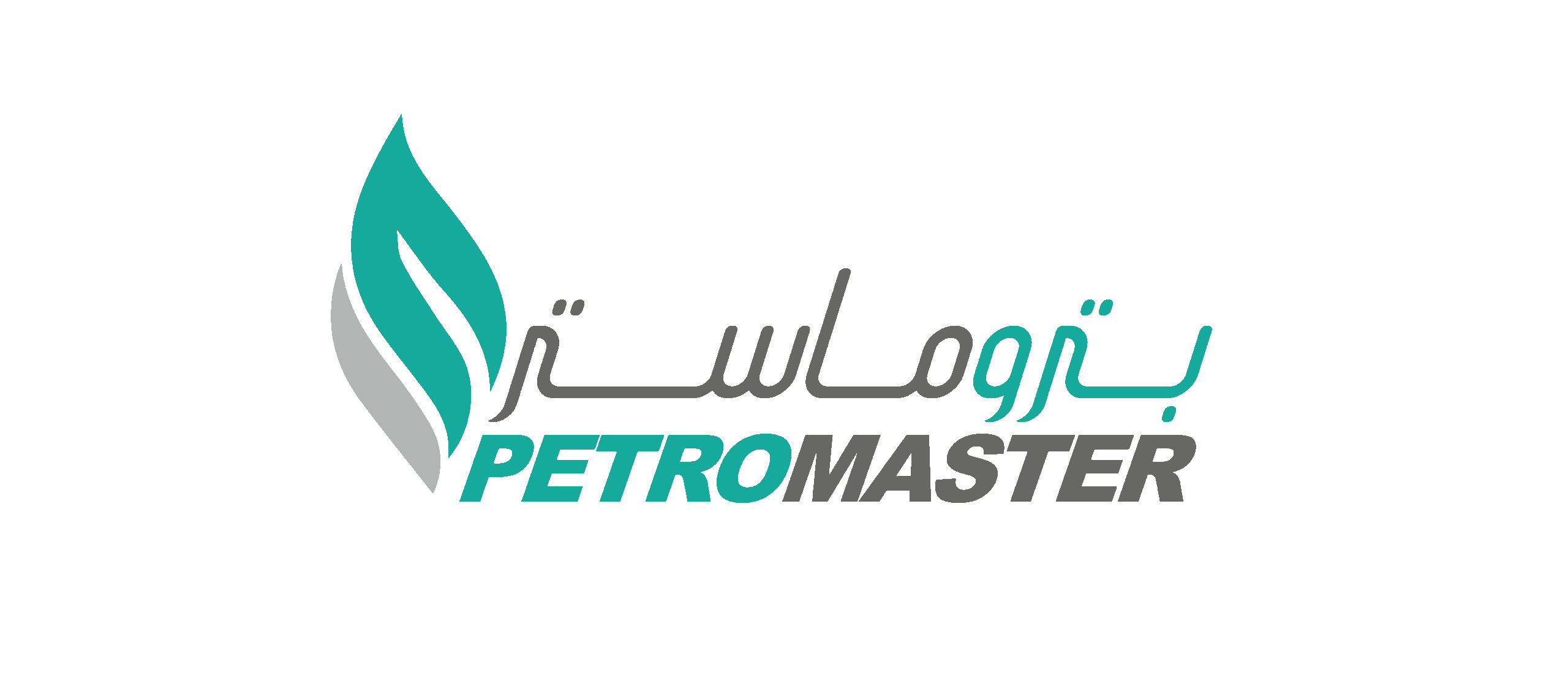
Risk-Based Inspection is a methodology that focuses on prioritizing inspection efforts based on the likelihood and consequences of asset failure.  It utilizes a systematic and a qualitative, semi-quantitative or quantitative approach to assess risks associated with assets, enabling informed decisions regarding inspection planning and resource allocation.
It utilizes a systematic and a qualitative, semi-quantitative or quantitative approach to assess risks associated with assets, enabling informed decisions regarding inspection planning and resource allocation.
Petromaster follows the API 581 methodology, using the API-RBI software, to implement a fully quantitative approach, combining the probability and the consequence of failure to manage risk, focusing our inspection resources on more critical equipment. Our RBI services are based on RAGAGEPs (recognized and generally accepted good engineering practices) and industry best practices for asset integrity management systems and comply with all applicable governing regulations and industry codes/standards.
We offer all the necessary services to design and build robust RBI programs:
The RBI approach regarding integrity management lists all aspects of risk affecting the integrity of static equipment with the objectives:
- To reduce the risk by optimizing the resources of inspection and maintenance (human and technical)
- To define inspection plans for shutdowns covering at least two production cycles
- To define operation windows that allow control and monitoring of degradation in real time.
Petromaster RBI methodology focuses on:
- Knowledge of the process and their respective degradation mechanisms
- Identification of areas where damage is likely
- Deep analysis of risk results
- Establishing a model for the evolution of risk for the period under analysis
- Risk management to prevent failures and optimize inspection intervals.
Petromaster offers services tailored to our customer’s organization, assets and needs. This can be categorized as the following:
- Training and experience exchange within RBI.
- Facilitation of RBI processes including GAP assessments and later potential technical audits of performance.
- Technical advisory within RBI, including performing the analysis and implementing the results.
- Corrosion assessment and loop development for RBI.
- Baseline inspection of assets for baseline RBI.
- RBI management of the asset including day to day management of inspection, testing and monitoring activities
Key Benefits of Risk-Based Inspections (RBI):
- Enhanced Safety and Reliability
By prioritizing inspection efforts on assets with the highest risks, our Risk-Based Inspection service helps identify potential failure modes before they occur, reducing the likelihood of accidents, unplanned downtime, and costly repairs. This approach improves the overall safety and reliability of your assets, protecting both personnel and the environment. - Cost Optimization
Risk-Based Inspection allows for efficient allocation of inspection resources, eliminating unnecessary inspections on low-risk assets. By focusing on critical areas, you can significantly reduce inspection costs while maintaining the integrity of high-risk assets. This optimization leads to substantial cost savings in inspection planning, maintenance, and repair activities. - Compliance with Regulatory Standards
Our Risk-Based Inspection service ensures that your inspection and maintenance practices align with regulatory requirements and industry standards. By implementing a systematic and documented approach to risk assessment and inspection planning, you can demonstrate compliance with regulatory authorities, minimizing the risk of penalties and legal complications. - Improved Asset Performance and Lifespan
Through proactive risk assessment and targeted inspections, potential asset degradation and failure can be detected early, enabling timely interventions and maintenance activities. This proactive approach helps extend the life of your assets, maximize their performance, and avoid costly asset replacements.
- Enhanced Safety and Reliability
Contact us for further information at info@petromaster-sa.com



